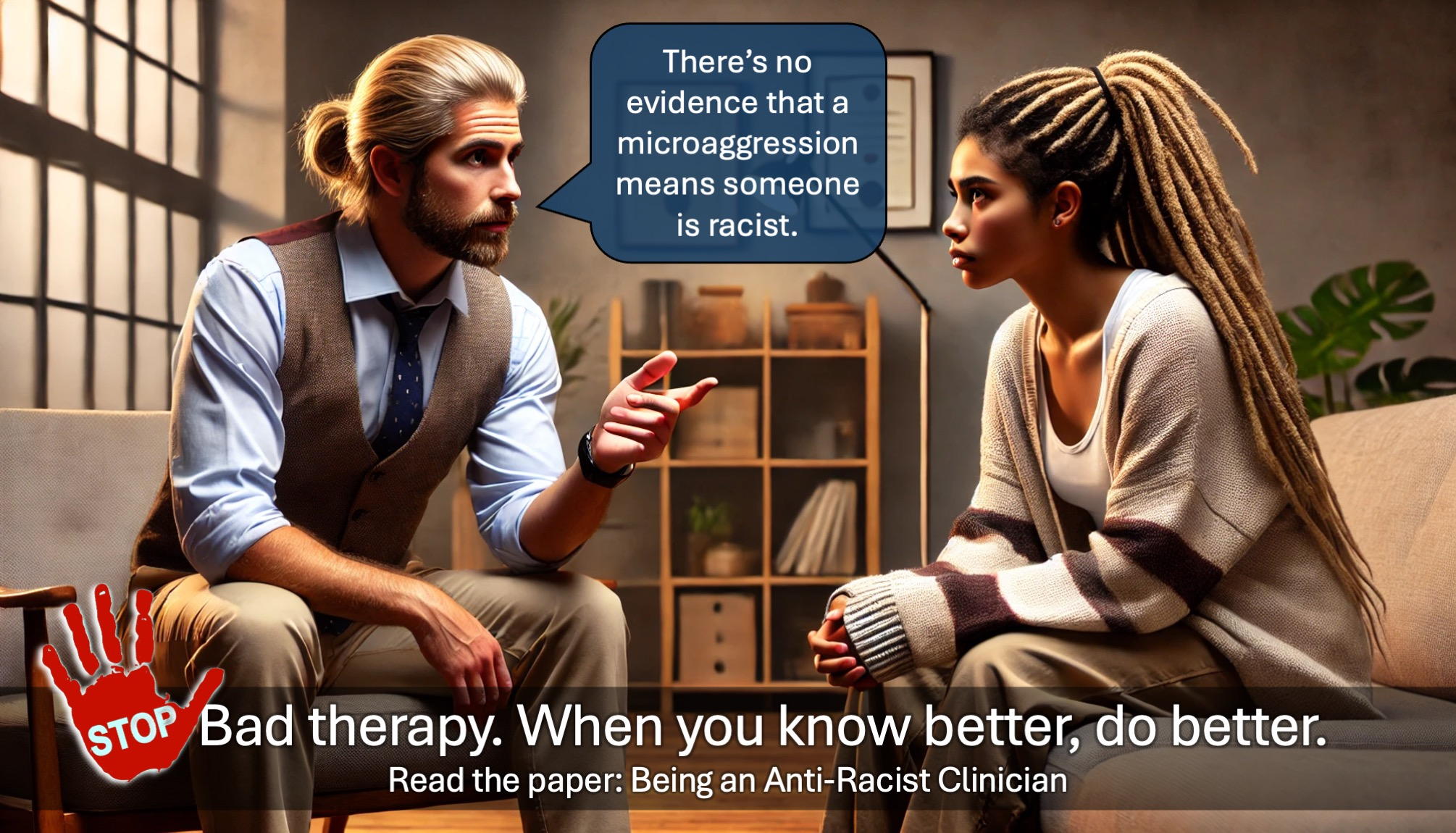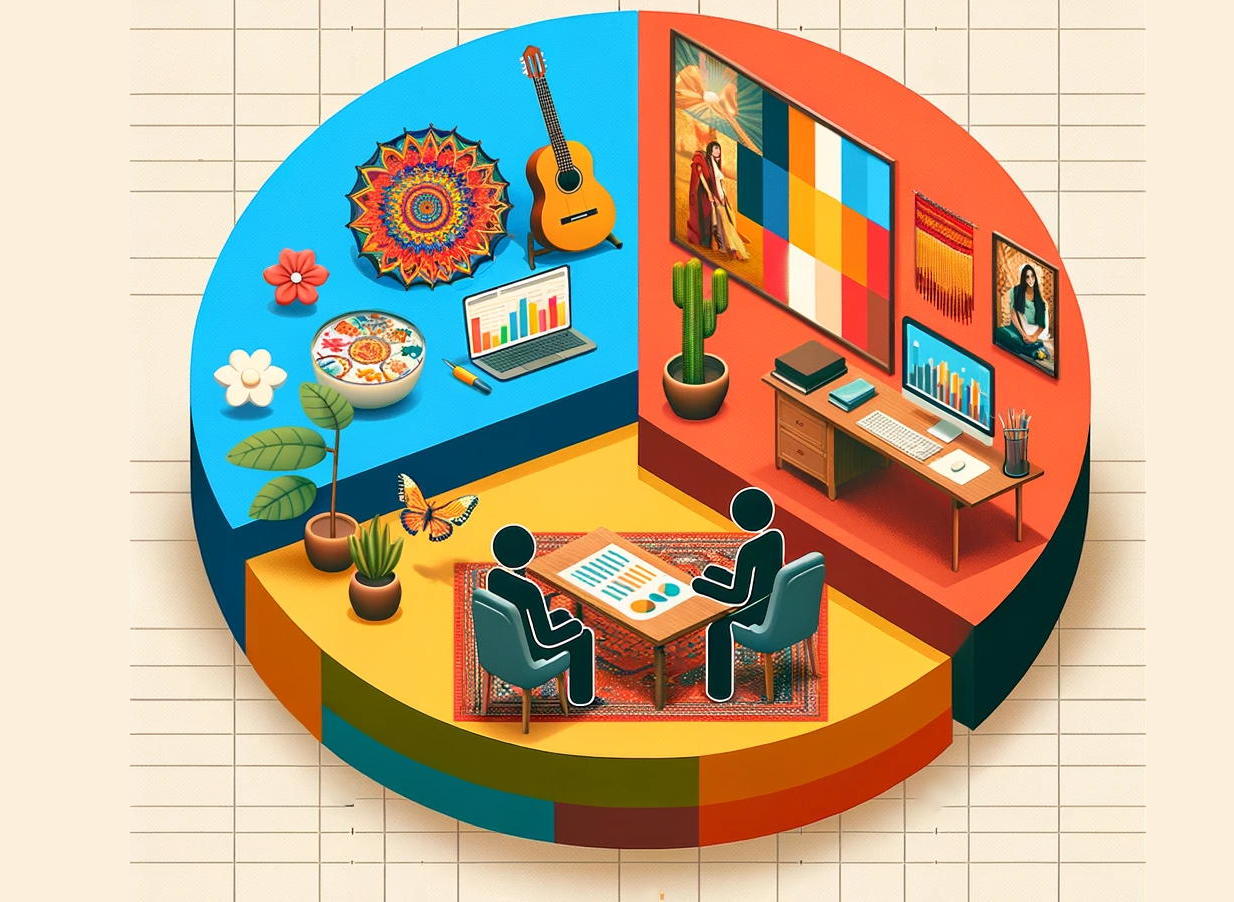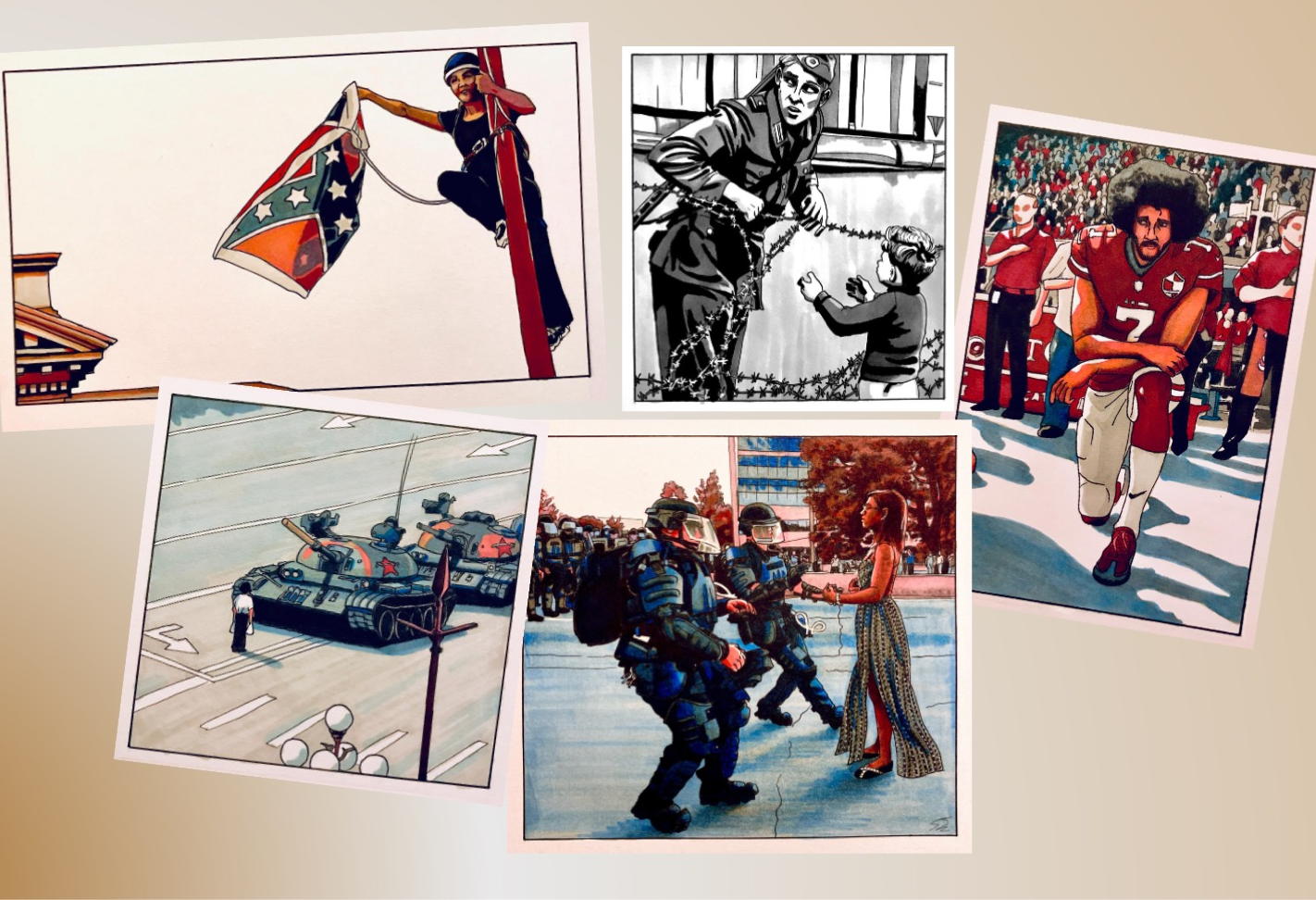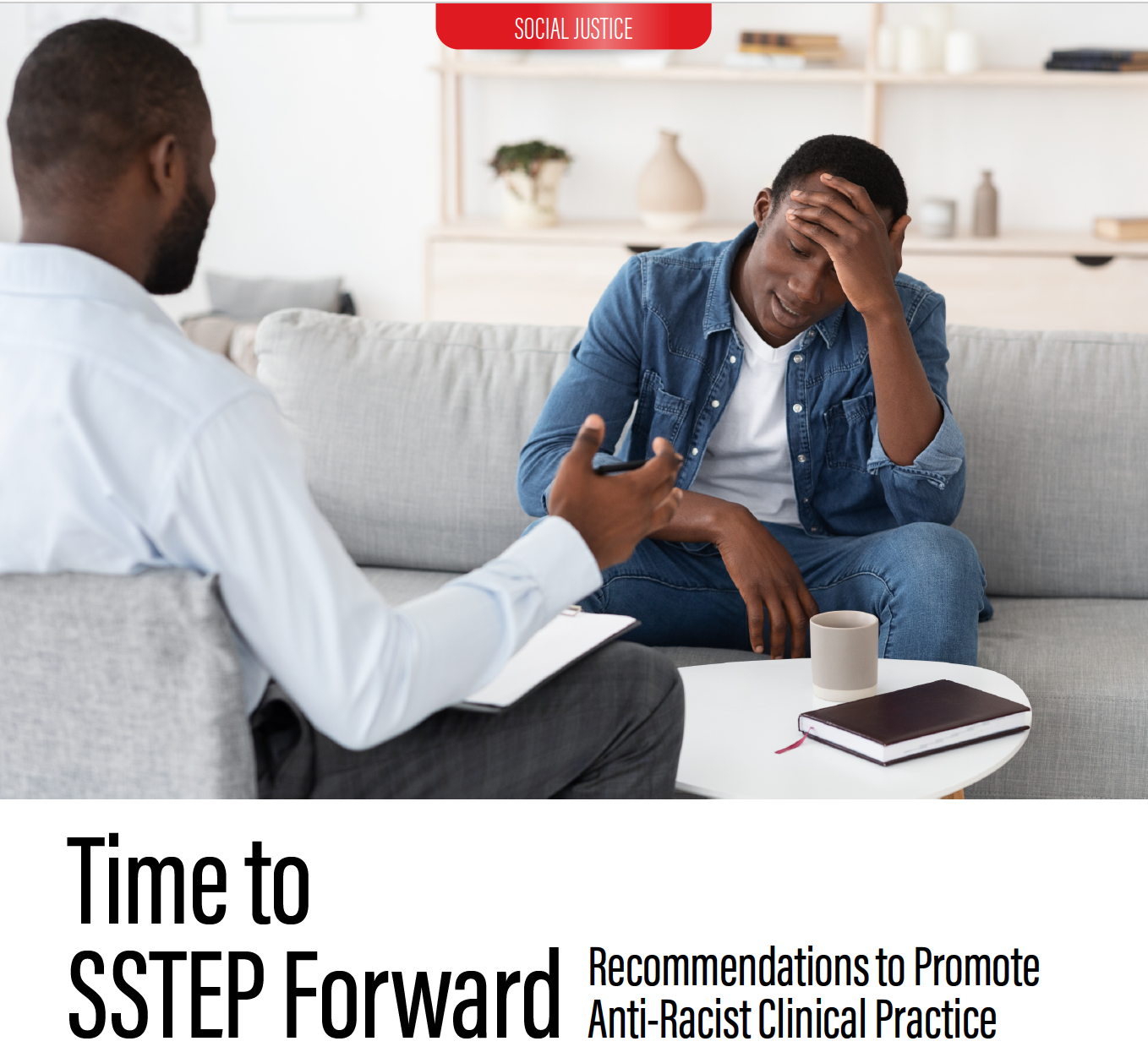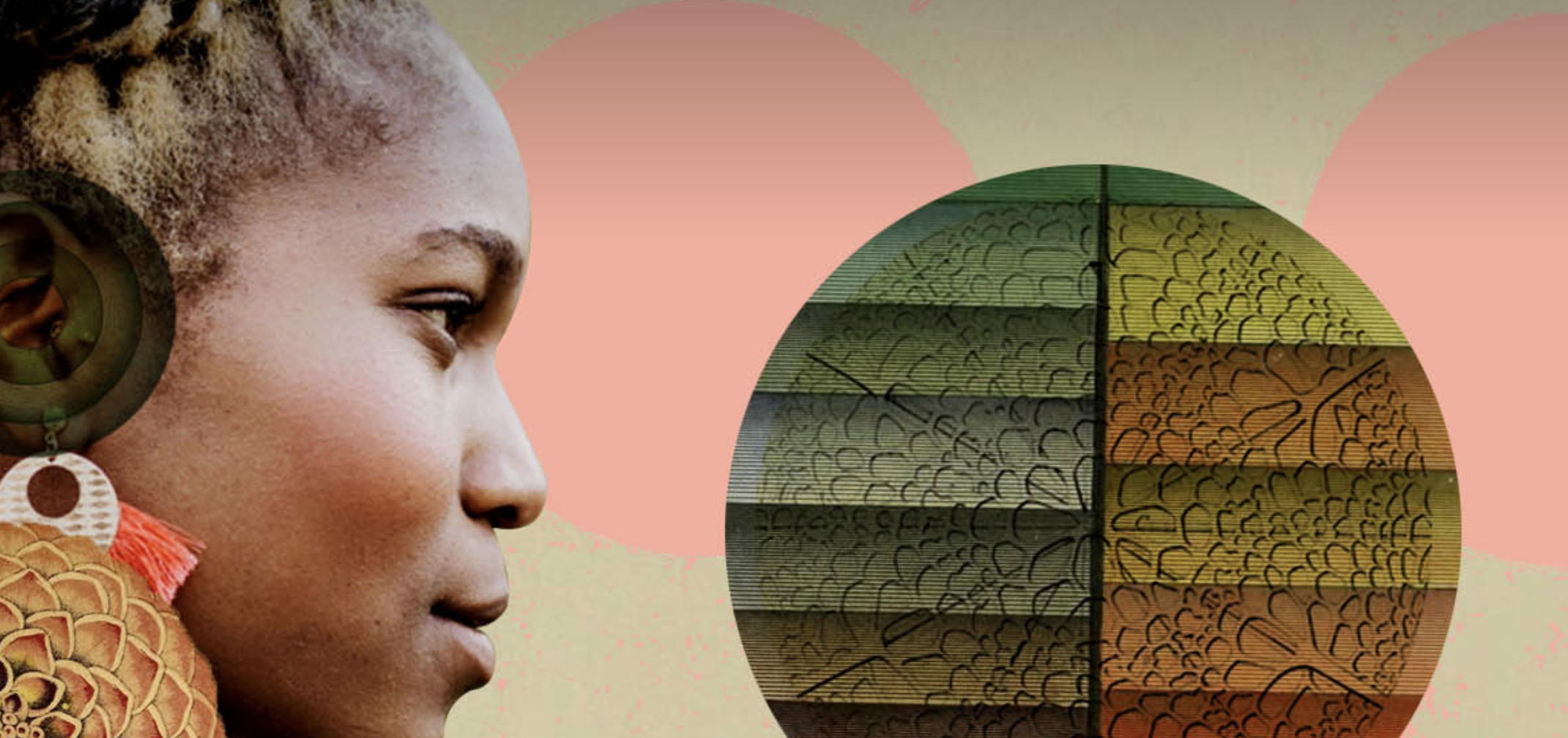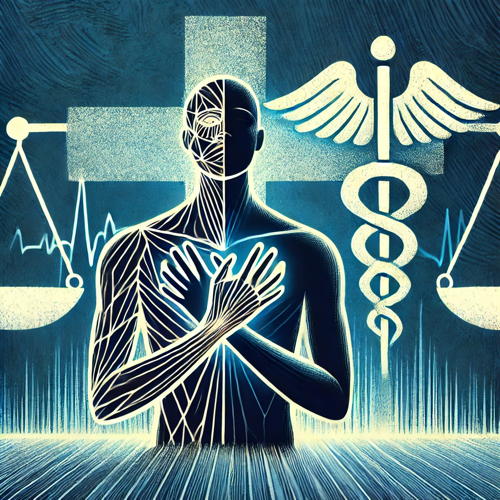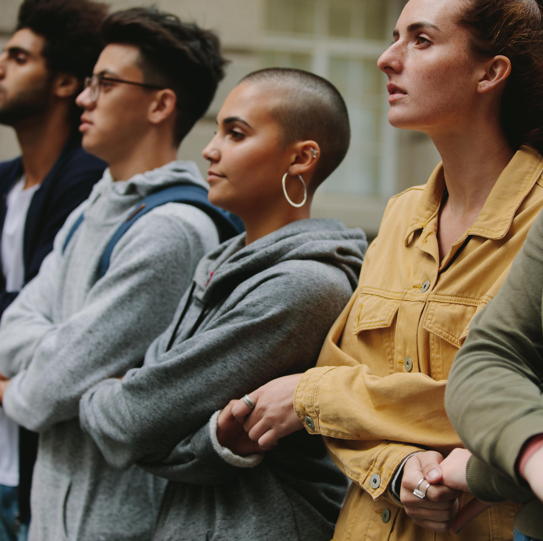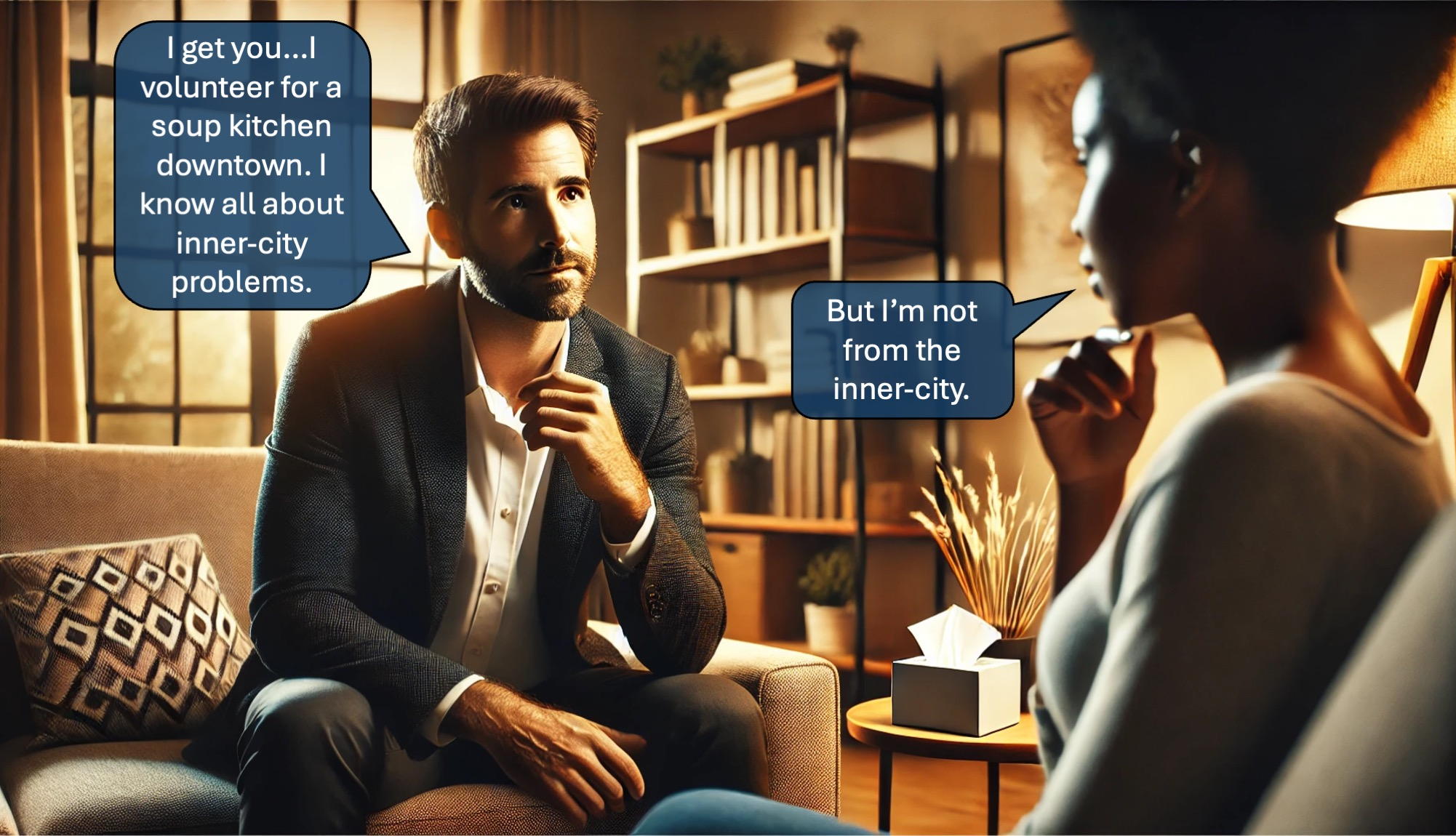
When Knowing Isn’t Understanding: Cultural Intelligence and Racial Microaggressions
Microaggressions are subtle, everyday forms of racism that harm people of color and strain interracial relationships. Our research study recently accepted by the ABCT journal the Behavior Therapist is called "Racial Microaggressions and Cultural Intelligence." We examined at a national sample of 235 White adults and whether a lack of cultural awareness—measured through “cultural intelligence” (CQ) – predicts tendencies to commit anti-Black microaggressions. We found that certain dimensions of CQ, known as metacognitive and motivational CQ, were linked to committing fewer microaggressions. These reflect an openness to learning and a willingness to adapt one’s thinking to different cultural contexts. In contrast, “cognitive” CQ, or having confidence in one’s existing cultural knowledge, was associated with a higher likelihood of microaggressions. We concluded that feeling certain that you “know” another culture can create blind spots, making it easier to rely on stereotypes and assumptions without realizing it.
These results underscore that genuine understanding goes beyond simply having knowledge about other groups. Cultural humility – recognizing that there’s always more to learn – may be key to preventing these harmful interactions. Training programs and educational initiatives should emphasize not only factual cultural knowledge, but also encourage reflection, curiosity, and empathy. Ultimately, building meaningful cross-cultural understanding involves a continuous process of listening, learning, and evolving.
Learn more about microaggressions and how they can impact clinical care at our social media campaign called STOP Bad Therapy, raising awareness to address misinformation.

